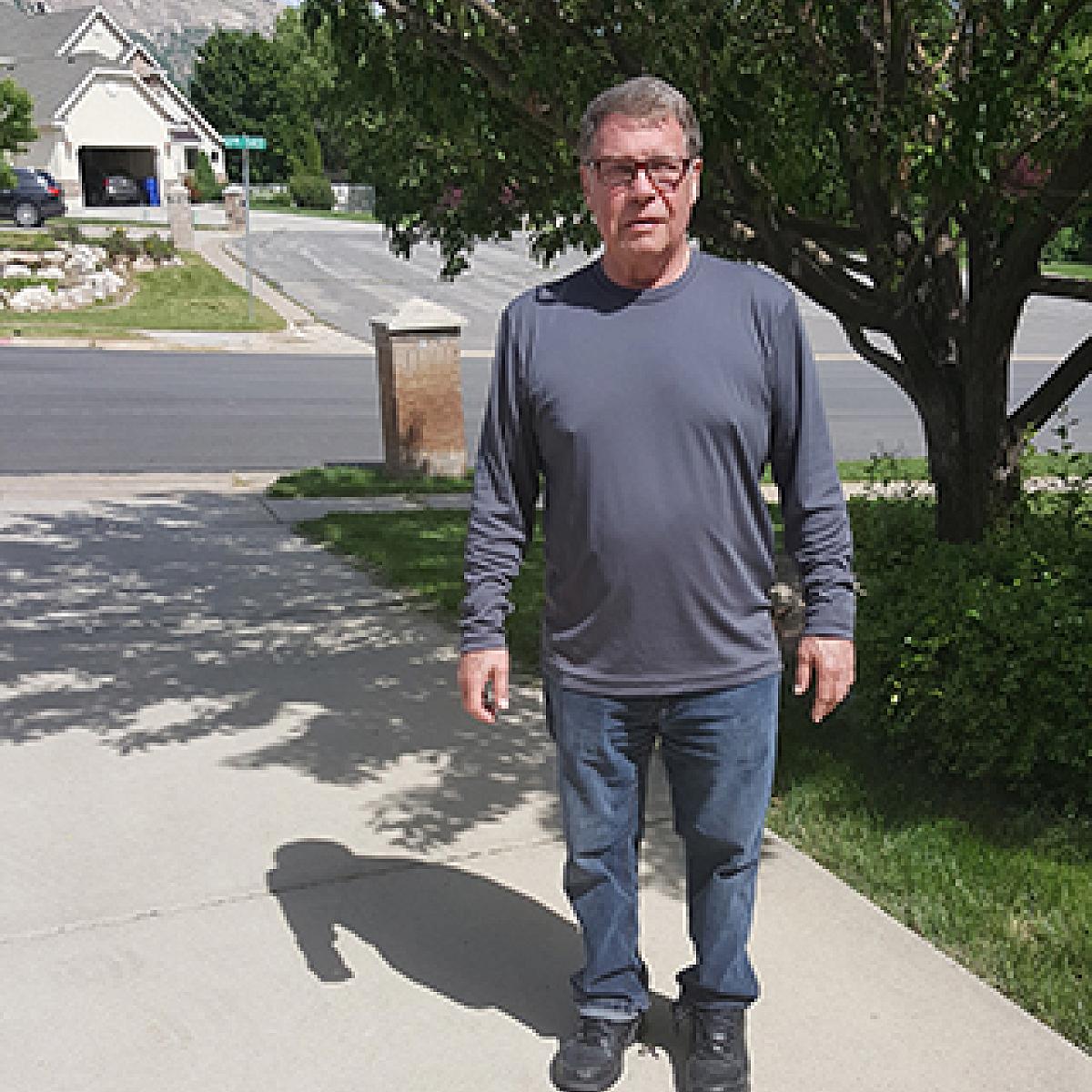After Surgery Care Instructions
To have the best, safest recovery, you need to follow these after-care instructions exactly.
Right After Surgery to Three Days
You can use ice or cold packs (switching between the two) for 20 minutes at a time for the first 48 to 72 hours following your surgery. Do not place the packs directly on your skin.
Following the 48 to 72 hours, you can use a heat pack up to three times daily for comfort.
Three Days After Surgery
Three days after surgery, you should gently pull the pump down in your scrotum, so it stays in a good position. You should do this daily. Your implant will be 50 percent inflated until your first follow up visit two weeks after surgery.
It's best to wear briefs or similar snug underwear and have your penis facing up toward your abdomen for a month after your surgery. This will help give the penis the best angle when you're ready to use your implant.
The following tips are also vital to a healthy recovery:
- Avoid heavy lifting or strenuous exercise for two weeks--note that walking is encouraged during your recovery.
- Do not swim or soak in a bath or hot tub for four weeks.
- Do not engage in sexual activity (including masturbation) for six weeks.
- Do not drive while in pain and/or while taking narcotic pain medication.
Penile Implant Recovery Time
Pain and swelling should start to subside about a week after surgery. You can usually return to work after about a week and resume your day-to-day activities as you feel up to it. However, you shouldn't lift anything heavier than 15 pounds or participate in rigorous exercise for four weeks after surgery. When fully healed, you can resume sexual intercourse, bike riding, and similar activities. Healing usually takes between four and six weeks.
Do's & Don'ts
Day of Procedure
- Don’t drive a car, make important personal or legal decisions, or be left alone without supervision.
- Don’t consume any alcoholic beverages.
- Do take it easy and avoid unnecessary activity.
- Do apply cold packs/ice as directed.
- Do stay hydrated by drinking eight glasses of water per day.
- Do eat bland foods like toast, broth, or the like.
24 Hours After Procedure
- Don’t shower for two days after your operation.
- Do clean yourself with a washcloth.
- Do continue applying cold packs/ice as directed.
- Do eat a normal diet if you feel like it.
48 Hours After Procedure
- Don’t drive – especially if you are having discomfort and/or are taking a narcotic pain medication.
- Do change your dressing once a day for five days.
- Do continue applying cold packs/ice as direct.
- Do take a shower but try to keep your incisions dry.
72 Hours After Procedure
- Do continue changing your dressing once a day for two more days.
- Do begin applying a heat pack up to three times daily.
- Do begin gently pulling downward on your pump to make sure it stays in a good position. You can do this daily.
Medication After Surgery
Twenty-four hours after your procedure you can start taking your prescribed medications again, except for aspirin or blood thinners, like Coumadin, Warfarin, and Heparin (unless approved by your provider).
You can also take your new prescribed medications that you received when you left the hospital. Continue to take your pain medications if needed—you may take Tylenol extra-strength instead of your prescribed pain medications if you so choose.
Contact Us
Call our urology clinic at 801-587-1454 if:
- Your pain is not adequately controlled with medication.
- You cannot urinate for more than eight hours.
- You experience strong chills or a fever of 101.5°.
- Your pain increases at the operative site, especially more than a week after surgery.
- You have drainage/pus at your operative site or near it, especially if parts of the implant can be seen through the skin.
- You cannot work the pump to deflate it six weeks after surgery.
If you feel you have a problem that is an emergency, call 911 or go to the nearest emergency department, immediately.
Meet Our Patients
Gene Miluk
The first time he experienced ED in his mid-50s he thought it was just a fluke, which was a reasonable assumption to make. More than half of men experience episodic erectile dysfunction at some time in their life from things like stress, too much alcohol, or as a side effect of medication.




